Jacksonville Officer Bowers Racism Shirt
$21.99 Original price was: $21.99.$18.99Current price is: $18.99.
Understanding the Context of the Jacksonville Officer Bowers Racism Shirt
In order to engage meaningfully with the subject of the Jacksonville Officer Bowers Racism Shirt, it’s crucial to understand the context that led to its creation and dissemination.




The Origins of the Shirt
The Jacksonville Officer Bowers Racism Shirt emerged during a time when tensions surrounding racial injustice were at the forefront of American dialogue. In recent years, numerous incidents involving police conduct and civil rights violations have ignited protests and calls for reform.
The shirt itself is believed to be a parody or commentary on these events. Parodies in fashion can sometimes serve as a form of resistance or critique; however, they can also perpetuate harmful stereotypes. This duality lies at the heart of the controversy surrounding the shirt.
Social Media Influence
Social media platforms have played a pivotal role in amplifying the visibility of the Jacksonville Officer Bowers Racism Shirt. What may have started as an isolated incident quickly gained traction online, prompting widespread debate.
The rapid spread of images and opinions on social media often leads to polarized interpretations. Supporters argue it encourages necessary discourse, while critics claim it trivializes serious issues related to racism and police accountability. Understanding how social media shapes narratives around such topics is essential for grasping the full impact of the shirt’s emergence.
Community Reactions
Local communities are often the first to respond to acts perceived as offensive or discriminatory. In Jacksonville, protests erupted following the shirt’s introduction, with many citizens expressing their outrage.
These reactions highlight the importance of community voice in addressing racism and seeking accountability from local law enforcement. The conversations spurred by the shirt have opened avenues for dialogues that may not have existed otherwise, pushing the issue of systemic racism further into the public consciousness.
The Implications of Wearing the Jacksonville Officer Bowers Racism Shirt
When an individual wears the Jacksonville Officer Bowers Racism Shirt, it sends a powerful message – one that can be interpreted in various ways depending on the observer’s perspective.
A Statement of Defiance or Ignorance?
Wearing such a provocative piece of clothing can be seen as an act of defiance against the mainstream narrative surrounding police violence and racism. For some, it embodies freedom of speech and expression, allowing individuals to voice dissent in their unique way.
However, this stance raises ethical questions regarding whether such expressions contribute to understanding or deepen divisions. The line between satire and insensitivity is often subjective, and individuals must grapple with their personal beliefs and the societal consequences that come with them.
The Role of Fashion in Social Commentary
Fashion has long been a realm for social commentary and artistic expression. The Jacksonville Officer Bowers Racism Shirt exemplifies how clothing can provoke thought and action, but it also demonstrates the risks involved in using humor or satire to address sensitive topics.
While many designers and artists employ fashion as a means to challenge societal norms, the effectiveness of this approach can vary greatly based on cultural sensitivities. Striking the right balance requires careful consideration of the broader implications of one’s message.
The Dangers of Misinterpretation
One of the most concerning aspects of the Jacksonville Officer Bowers Racism Shirt is the potential for misinterpretation. People may perceive the shirt differently based on their life experiences, background, and understanding of the issues at hand.
This variance in interpretation can lead to heightened tensions within communities, potentially derailing constructive conversations about race and justice. Thus, those who choose to wear or support the shirt must be prepared to face criticism and engage in difficult discussions that arise from its message.
Alternatives to the Jacksonville Officer Bowers Racism Shirt: Advocating for Change
Given the heated debates surrounding the Jacksonville Officer Bowers Racism Shirt, it’s critical to explore alternative methods of raising awareness about racism and promoting change.
Utilizing Positive Messaging
Instead of relying on provocative apparel to convey messages of dissent, advocates can consider using positive and inclusive messaging that fosters unity. Clothing and accessories that promote equality, compassion, and solidarity can create a more constructive environment for dialogue.
Designers and brands can take a stand against racism by employing uplifting slogans, images, and symbolism, weaving a narrative that emphasizes togetherness rather than division.
Artistic Expression through Non-Controversial mediums
Art has the power to inspire change without inciting conflict. Various art forms—such as murals, music, and literature—can address complex themes of race and justice in ways that invite open discussion and reflection.
By exploring these non-controversial mediums, artists can transcend divisive rhetoric and foster connections among diverse community members. This creates opportunities for healing and reconciliation, moving beyond mere commentary to actionable change.
Engaging Communities in Dialogue
To foster real change, engaging communities in meaningful dialogue is vital. Events that facilitate discussions about race relations, police accountability, and social justice can provide a platform for voices that are often marginalized.
Rather than relying on controversial symbols like the Jacksonville Officer Bowers Racism Shirt, communities can come together to share experiences, educate one another, and collaboratively identify solutions to systemic issues.
Conclusion
The Jacksonville Officer Bowers Racism Shirt serves as a focal point for important discussions surrounding race, policing, and social justice. While the shirt has generated substantial controversy, it also presents an opportunity for deeper reflection and conversation about systemic racism and community responsibility. By examining the implications of such expressions and exploring alternatives that promote understanding and unity, we can work toward a more equitable society.
Be the first to review “Jacksonville Officer Bowers Racism Shirt” Cancel reply
Related products
New Arrivals
New Arrivals
New Arrivals
New Arrivals
New Arrivals
New Arrivals
New Arrivals













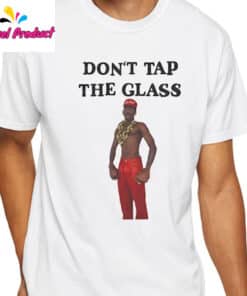



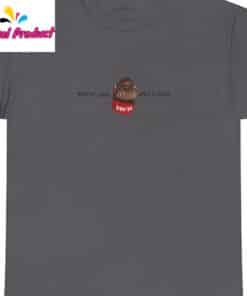










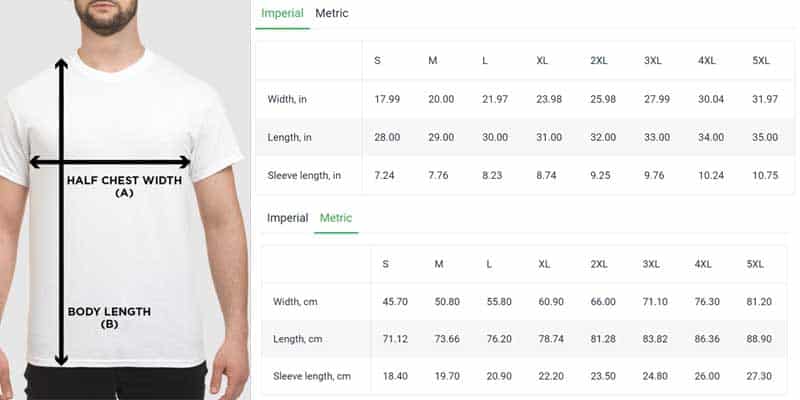

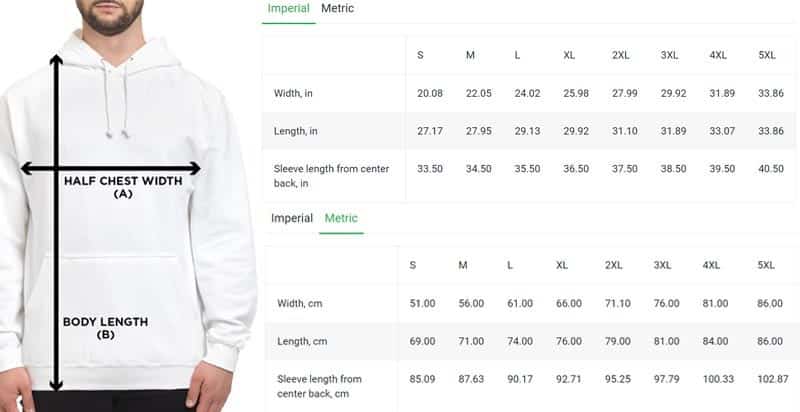
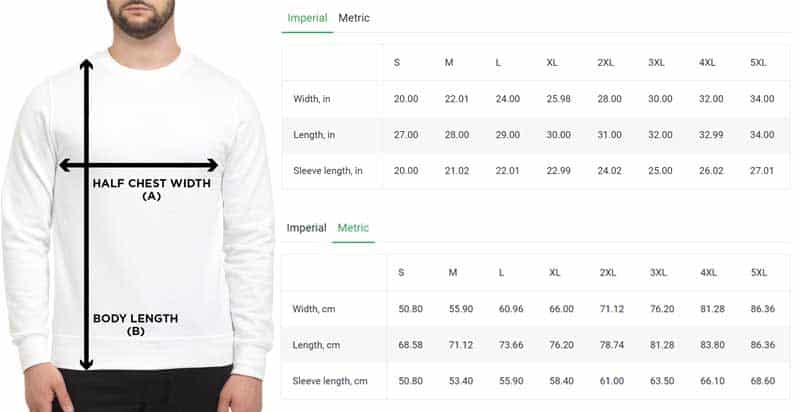
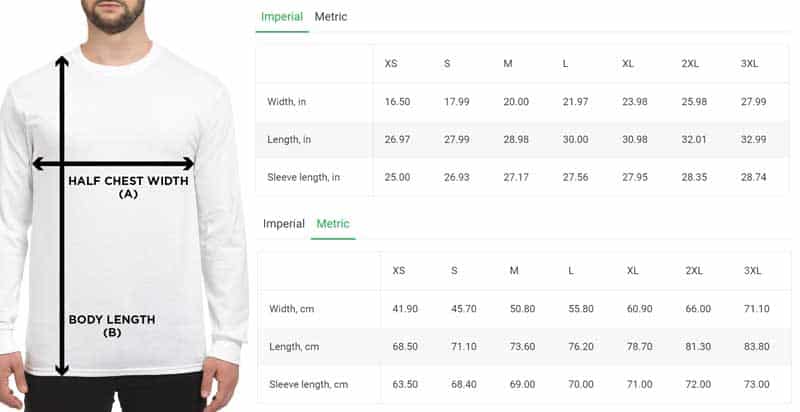
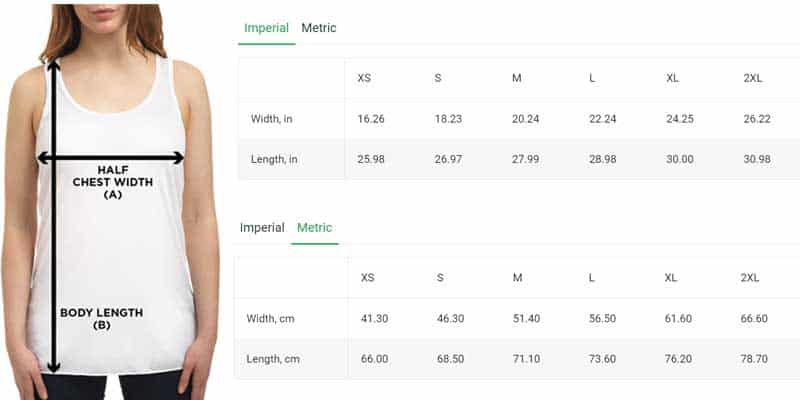

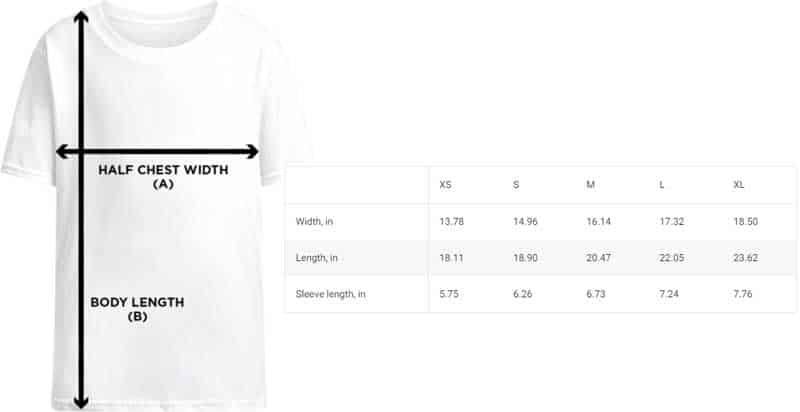
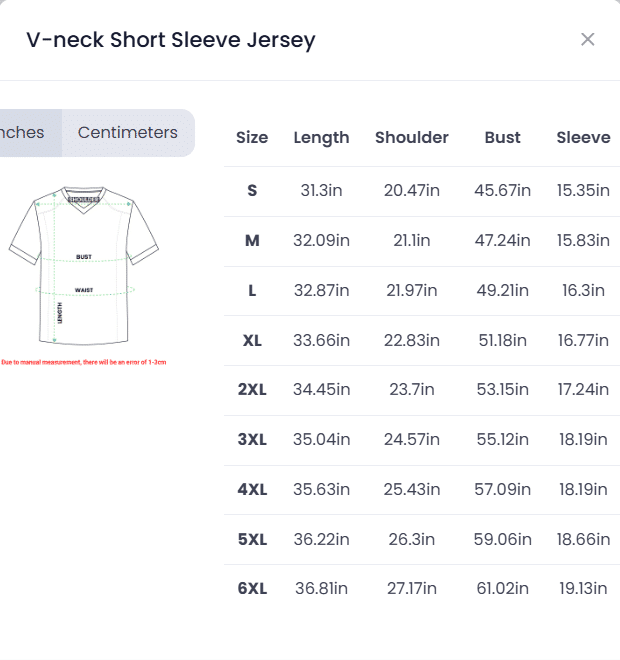
Reviews
There are no reviews yet.